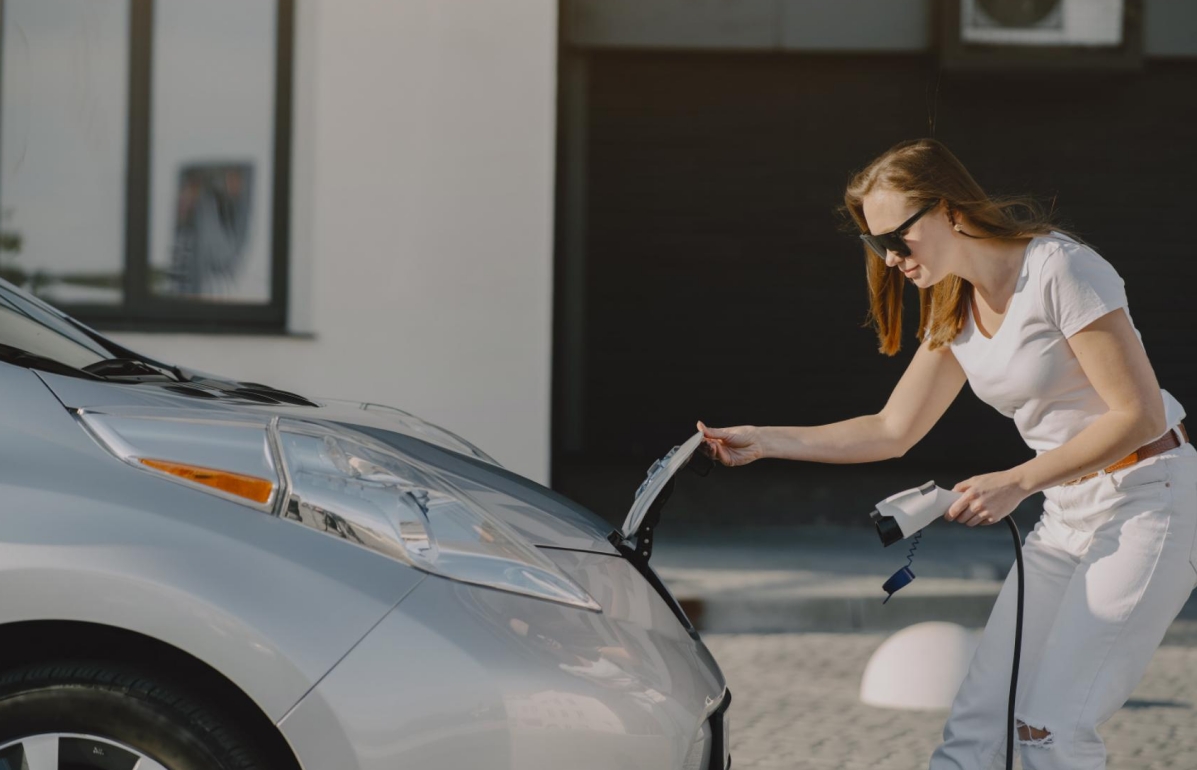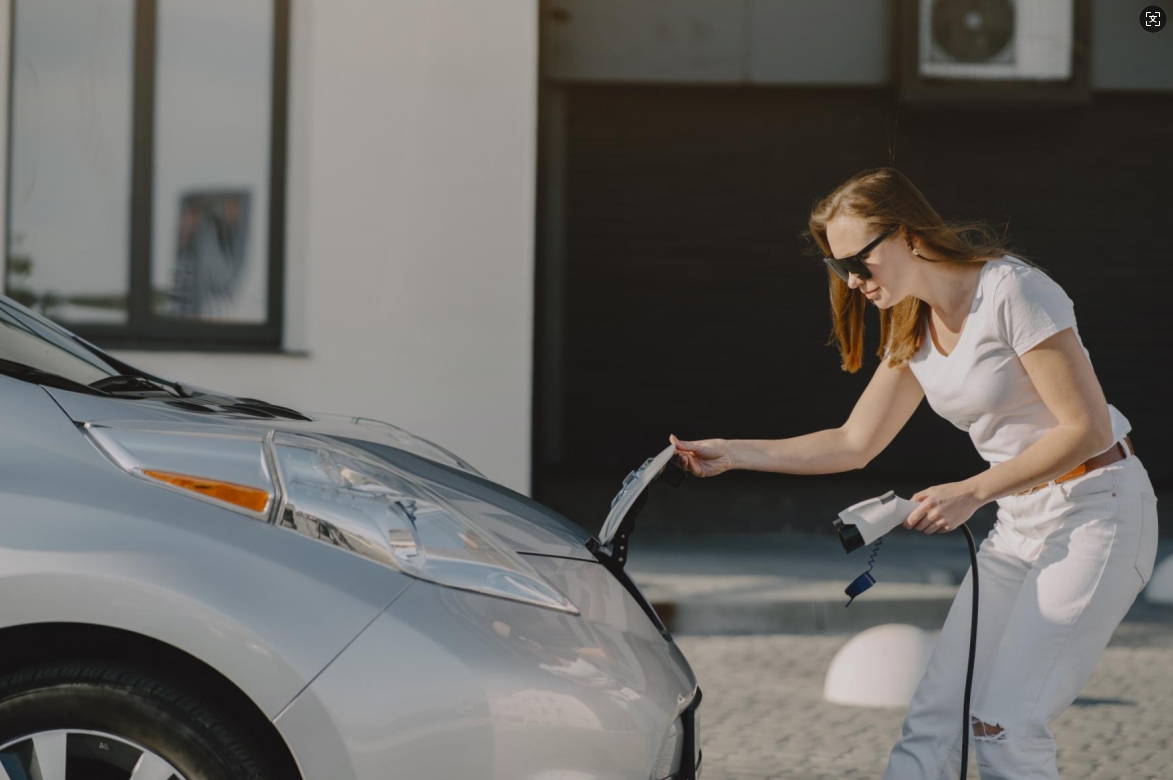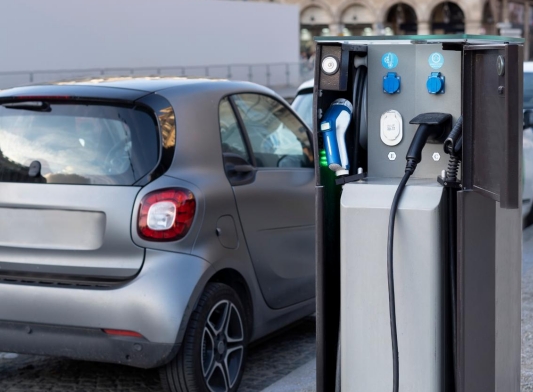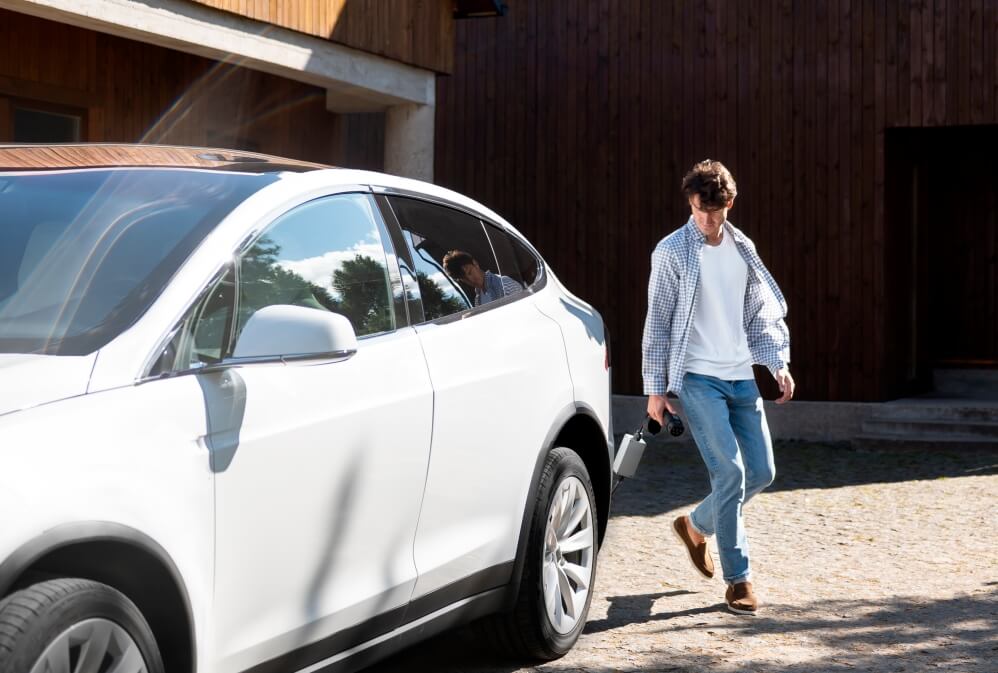5 Essential Questions to Ask Before Buying a BYD Seal EV Charger
The BYD Seal is a remarkable electric vehicle, celebrated for its performance and efficiency. However, to keep it powered and ready for the road, choosing the right charger is crucial. Not all charging equipment is created equal, and selecting the best one for your needs requires careful consideration. Before you make your purchase, here are five essential questions to ask to ensure you get the most out of your new EV.

1. What Type of Charger and Charging Speed Do I Need?
This is the most fundamental question. You need to decide between a standard Level 1 charger, which plugs into a regular household outlet but is very slow, and a Level 2 charger, which requires a dedicated 240V circuit but charges your car significantly faster. For a vehicle like the BYD Seal, a Level 2 BYD Seal EV charger is highly recommended for home use. It can fully recharge your battery overnight, turning your garage into a convenient fuel station. Check the onboard charger's capacity on your Seal (typically 7kW or 11kW for AC charging) and ensure the EVSE (Electric Vehicle Supply Equipment) you choose can match or exceed that power rating for optimal speed.
2. Is the Charger Compatible with My BYD Seal?
While most EVs and chargers use standard connectors, it's vital to confirm compatibility. The BYD Seal typically uses a Type 2 (Mennekes) connector for AC charging in many markets. Ensure the charging unit you select has the correct plug type. Furthermore, while the basic function of charging will work, verifying that there are no communication issues and that the charger is certified to work seamlessly with your specific car model provides peace of mind and avoids potential technical headaches.
3. What are the Key Features of a Reliable BYD Seal EV Charger?
Beyond just delivering electricity, a good charger offers features that enhance safety, convenience, and control. Look for a charger with robust safety certifications, such as waterproof and dustproof ratings (e.g., IP65 or higher) for outdoor installation. Smart features are a major plus. A smart BYD Seal EV charger can often be controlled via a mobile app, allowing you to schedule charging during off-peak electricity hours, monitor energy consumption, and receive notifications. This not only adds convenience but can also lead to significant savings on your energy bill.
4. What is the Total Installation Cost?
The price of the charging unit itself is only part of the equation. You must factor in the cost of professional installation by a qualified electrician. This includes the cost of materials (like a dedicated circuit and conduit) and labor. The complexity of the installation—such as the distance from your electrical panel to your parking spot—can greatly influence the final price. It's wise to get a few quotes from certified installers before purchasing your equipment to understand the full financial commitment.
5. What Warranty and Customer Support Does the Manufacturer Offer?
A charger is a long-term investment. A strong manufacturer's warranty (e.g., 3 years or more) protects you against defects and premature failures. Equally important is the quality of customer support. Should you encounter a problem, you want to be sure you can get timely and helpful assistance. Research the brand's reputation for customer service and technical support to ensure you won't be left in the dark if an issue arises with your BYD Seal EV charger.
By asking these five questions, you can move forward with confidence, selecting a charging solution that is safe, efficient, and perfectly tailored to your BYD Seal and lifestyle. A well-informed decision will ensure that your EV ownership experience is smooth and enjoyable from the very first charge.
Last Updated on November 11, 2025 by tayniu



